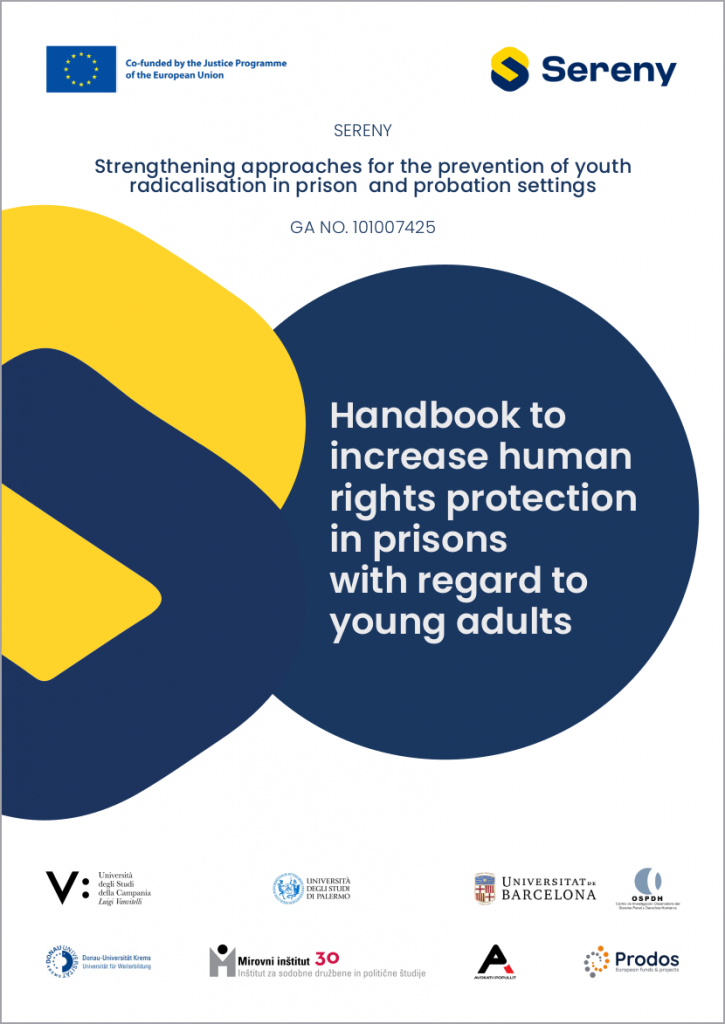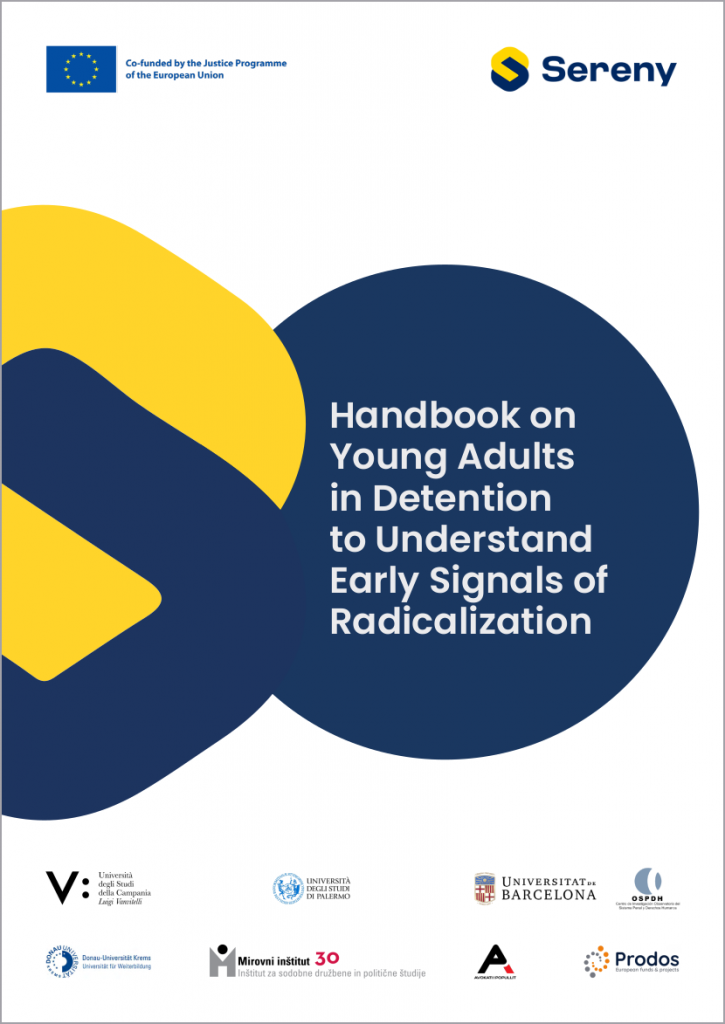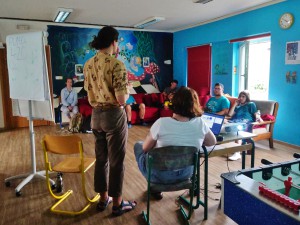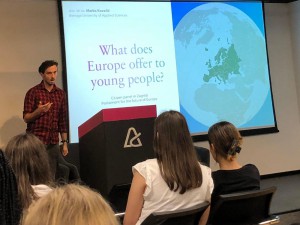The Sereny project is ending – Strengthening approaches for the prevention of youth radicalisation in prison and probation settings
13. 10. 2023 | Politics

Inhumane prison conditions, overcrowding and ill-treatment are factors that may contribute to the increase of radicalisation in the European prison system. In this context, young adult prisoners aged 18-29 are considered vulnerable and at risk of radicalisation as they are still in the process of developing their identity. At the same time, though, the time spent in detention is a capital phase in a detainee’s life and what is done with this time can help the individual change both mindset and behaviour. Prisons can be “engines for positive change”, offering a “second chance” to criminals.
The Sereny Project is working towards the adoption of evidence-based programmes and practices to prevent the radicalisation of young people in prisons that take into account international human rights law and standards, as well as EU and Council of Europe human rights law and standards.
At the end of the project, on Friday 6 October 2023, we organised an expert workshop in Ljubljana, Slovenia, where we presented the project results based on empirical studies in eight countries (Albania, Austria, Belgium, France, Germany, Italy, Slovenia, Spain and France) to professional audience.
With representatives of the Prison and Probation Administrations, decision-makers, the police, the Human Rights Ombudsman and civil society organisations we discussed the current situation in Slovenia, the challenges and promising practices in the field of human rights-based prevention of radicalisation.
Special attention was paid to the impact of radicalisation prevention on human rights and good practices that can strengthen respect for human rights in this context.
The project has produced two handbooks:






